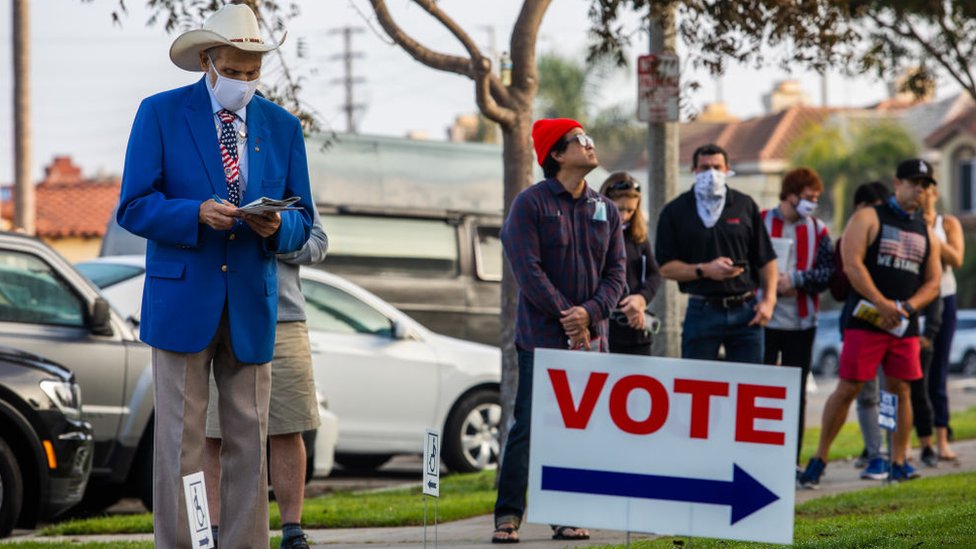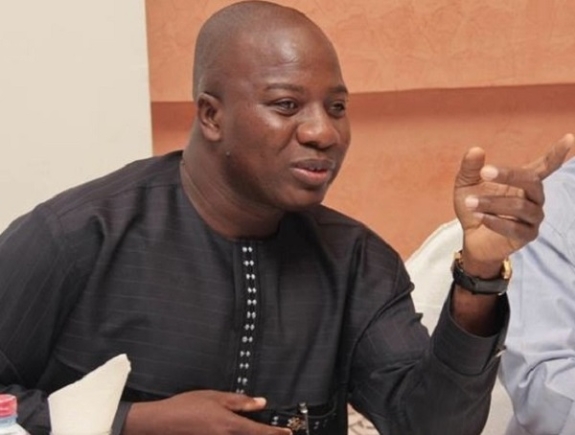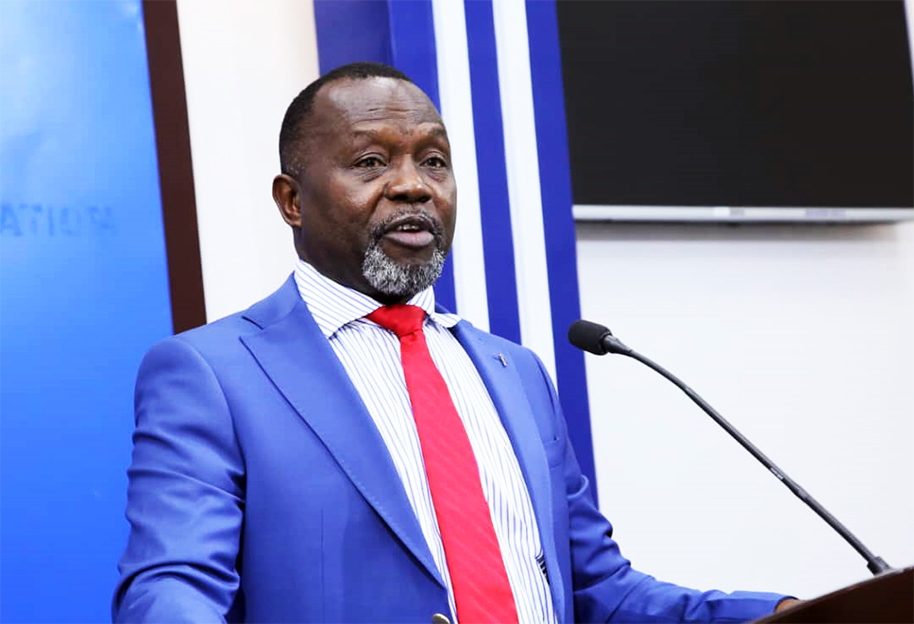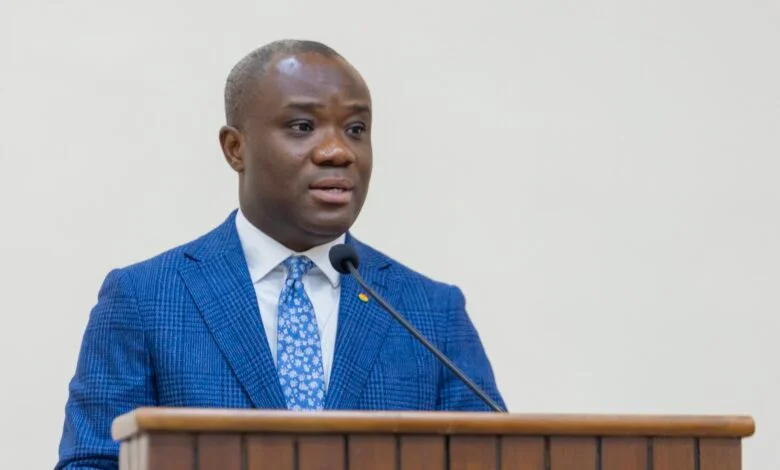How can candidates contest the results? And why do some votes count more than others?
Here are some of your key questions around the US election answered.

“Could Donald Trump try to contest the results of the election?” – Basel, Israel
Yes. Both campaigns have said they’re already preparing for legal disputes following the election.
They have a right to demand a recount in most states, usually if the result there is tight.
There’s been a surge in postal voting this year, and it’s also possible that the validity of these ballots could be challenged in court.
These lawsuits could make their way up to the US Supreme Court – the ultimate legal authority in the US.
This happened in 2000, when the Supreme Court stopped a recount in Florida and ruled in favour of Republican George W Bush who became president.

“What influence does the national vote have on the way the electoral college votes?” – Caroline Bonwitt, Gloucestershire, UK
US presidents are not decided by the national popular vote, but by winning in enough states.
The winner in each state gets the support of a number of electors based roughly on its population.
These electors meet a few weeks after polling day – forming the electoral college – to vote to officially nominate the next president.
To win the White House, 270 electoral votes are needed.

“What makes some states’ votes count more than others?” – S Robertson, Sussex, UK
Candidates tend to campaign in states where the result is uncertain – that’s why people say the votes in these states “count more”.
These places are known as battleground or swing states.
The US electoral system means that in all but two states, the margin of victory doesn’t matter, as whoever gets the most votes wins all the electoral votes on offer in that state.
 IMAGE COPYRIGHTGETTY IMAGES
IMAGE COPYRIGHTGETTY IMAGESIn states which are almost guaranteed to vote a certain way – like California for the Democrat or Alabama for the Republican – candidates have less incentive to campaign there.
They’ll put most effort into a handful of tight races, such as in Florida and Pennsylvania, targeting voters that could go either way.

“What happens in Nebraska and Maine where the electoral college works differently?” – John, Surrey, UK
Maine and Nebraska are the only two states that divide up their electoral votes.
In every other state, it’s winner takes all – whether the margin is one or one million votes.
Maine and Nebraska instead divvy up their electoral votes – four and five respectively – based on the share of the popular vote each candidate receives.
These states allocate two electoral votes to the state-wide winner, and then one vote to the winner in each congressional district (two in Maine, and three in Nebraska).

“If postal votes that get counted several days after the election change the final tally of a state from Trump to Biden or vice-versa, then what is the protocol for re-announcing a winner?” – Charlie Etheridge, Kent, UK
There’s no legal requirement to announce a winner on election night – this is done as a projection by major US media outlets.
The full count is never completed on the night – but enough votes are usually in to confirm a winner.
These are unofficial results which are certified only weeks later, when confirmed by state officials.
This year, the US media will likely be more cautious in calling a winner, as there are more postal votes and these take longer to count.
This could mean the leader on election night in some states could end up losing once all the votes – including postal ballots – are counted.

“How long can the US go without knowing their next president?” – also from Charlie Etheridge, Kent, UK
The electoral college – whose job it is to formally nominate the next president – meets on 14 December this year.
Electors are put forward by each state for their winning candidate.
If the election results are still disputed in certain states and they can’t decide which candidate to give their electors to, then it would be up to the US Congress to step in.
The US Constitution imposes a final deadline – the term of the president (and vice-president) expires on 20 January at noon.
If Congress has been unable to choose the winner by then, there’s a line of succession set out in law.
First in line is the Speaker of the House of Representatives, currently Nancy Pelosi, followed by the second highest ranking member of the Senate, currently Charles Grassley.
This has never happened before so it’s unclear how, under these exceptional circumstances, this would work in practise.
BCC
Please contact Apexnewsgh.com on email apexnewsgh@gmail.com for your credible news publications











